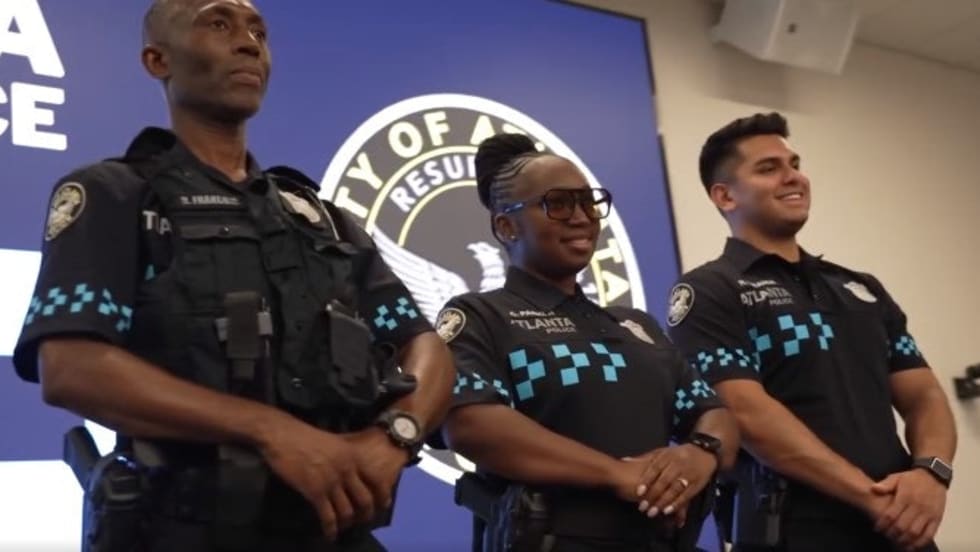Citing a need for bolder action, Mayor Eric Garcetti vetoed a City Council spending plan that outlined how to reinvest millions of dollars from the Los Angeles Police Department budget into communities of color, his office said this week.
The vetoed spending proposal would have allocated funds to “highest need census tracts'' as identified by the city's Economic Workforce Development Department, according to a Budget and Finance Committee report.
The remaining $88,804,526 of the $150 million the City Council approved to cut from LAPD would have been available for city services and beautification, recreation and youth programming, jobs and economic development, and nonprofit community investment in those areas, City News Service and KFI report.
“Los Angeles should be leading America by piloting bold ideas like exploring a guaranteed basic income, confronting the stark Black-white disparity among people experiencing homelessness, driving racial reconciliation, protecting jobs held by people of color with new opportunities in the city workforce and working in closer collaboration with our communities on allocation decisions,'' Garcetti said in a letter to the City Council Monday night.
Garcetti said he would approve a spending plan that would:
-- set aside funding for pilot programs with local organizations and other partners that would address community safety, equity, reconciliation and other racial justice and income inequality issues;
-- reimagine public safety, starting with funding a 24-hour, unarmed crisis response pilot program so that mental health workers are dispatched to certain nonviolent 911 calls instead of police officers; and
-- accelerate and expand intervention and prevention work to restore peace in neighborhoods with high levels of violence.











